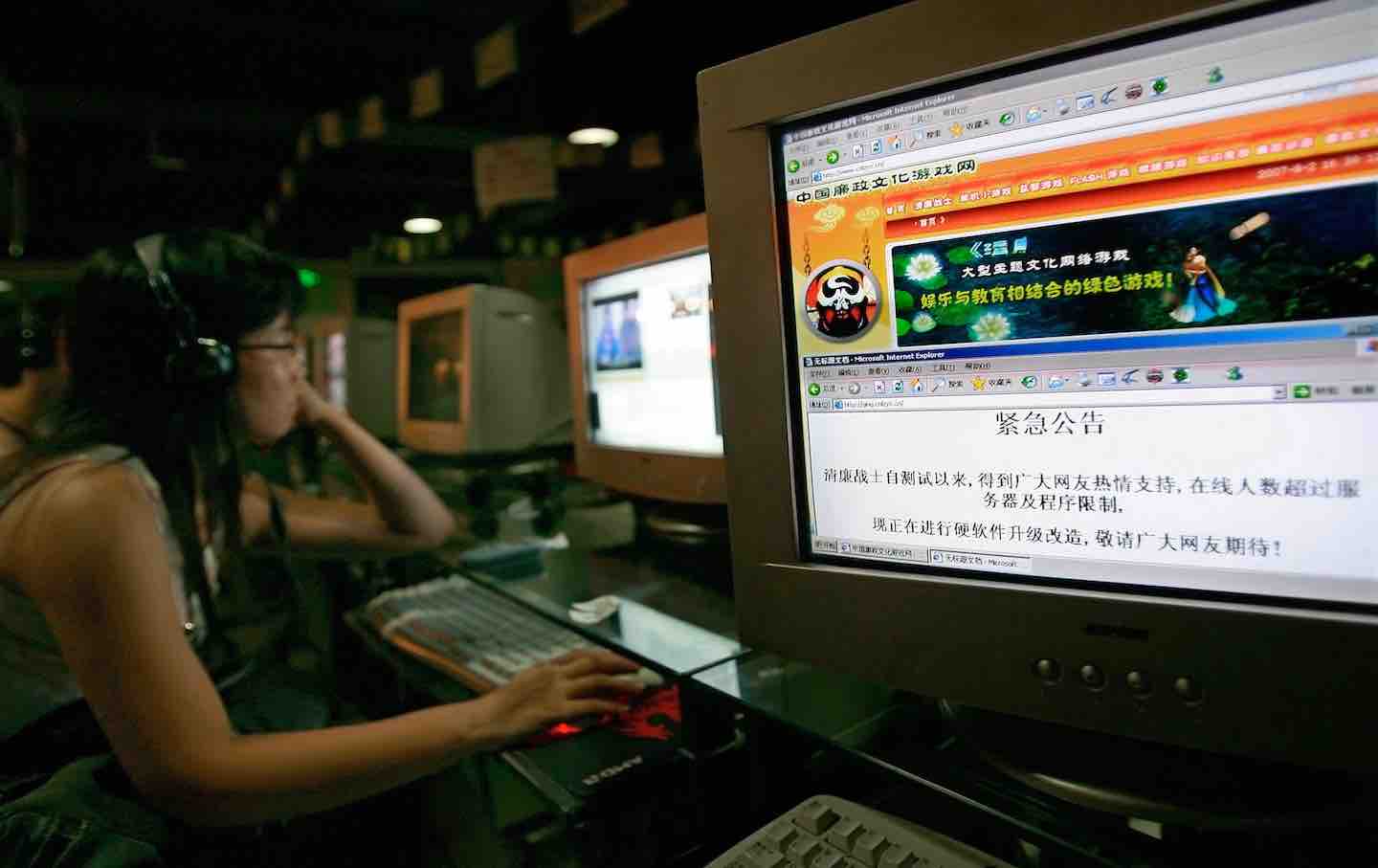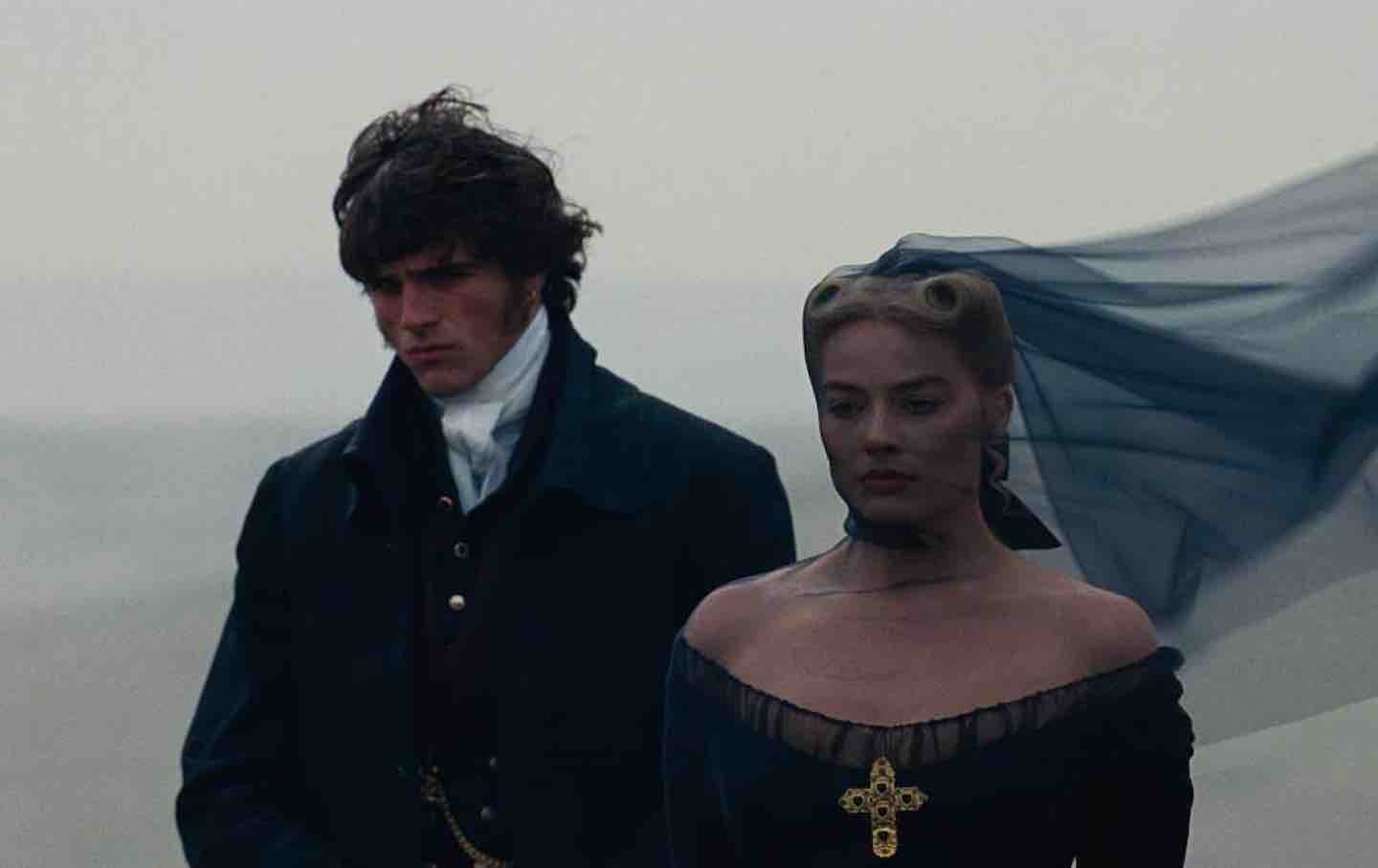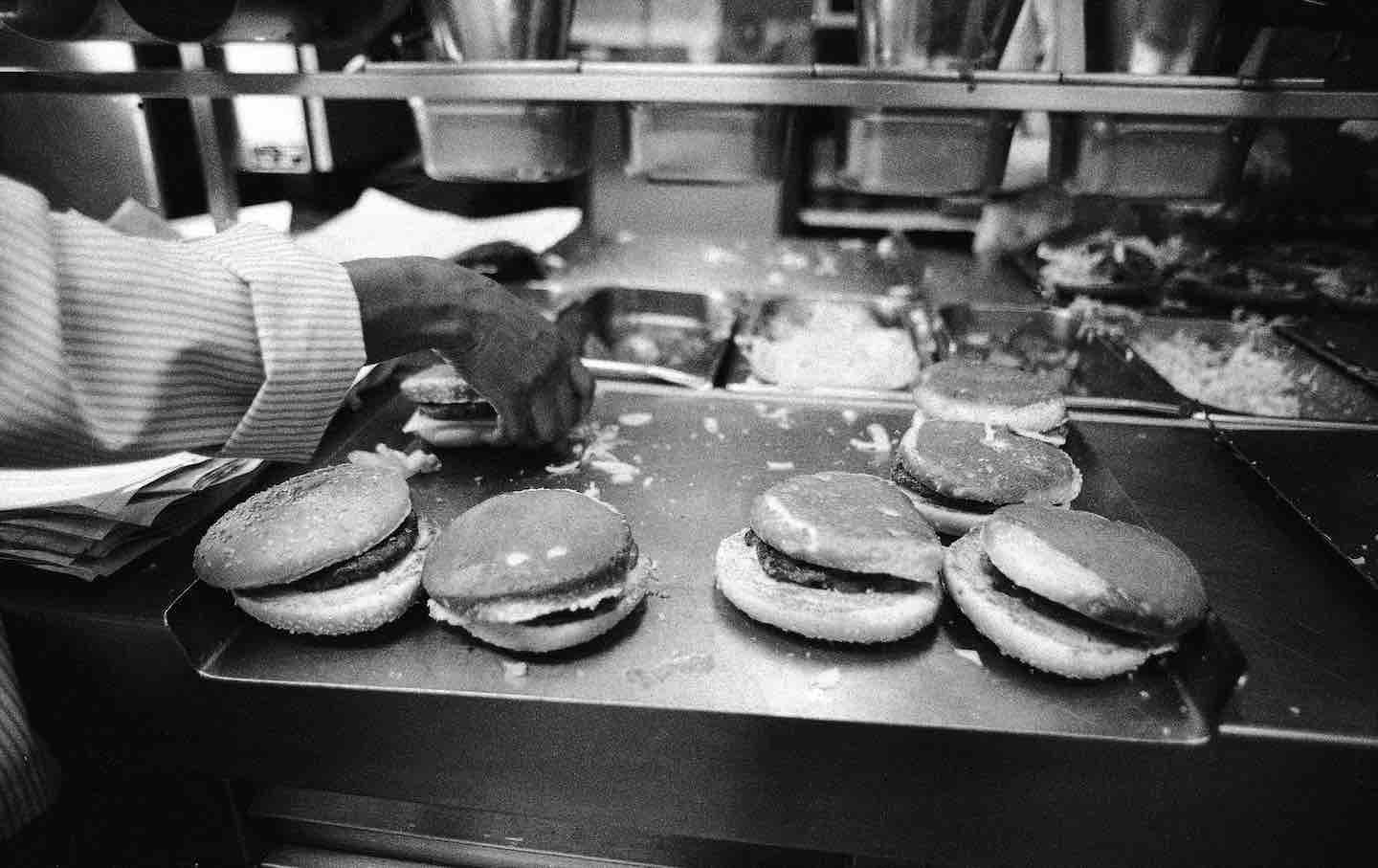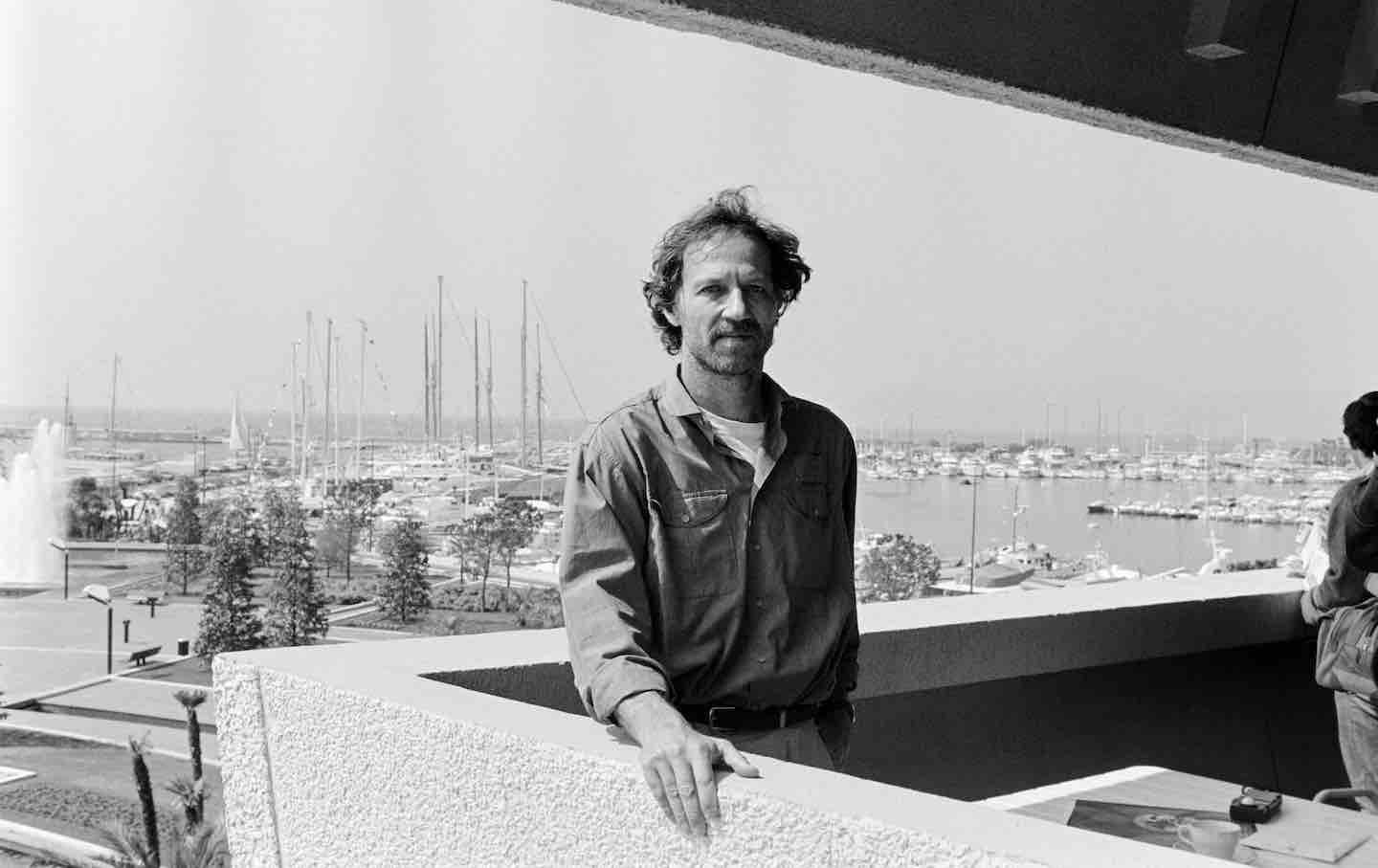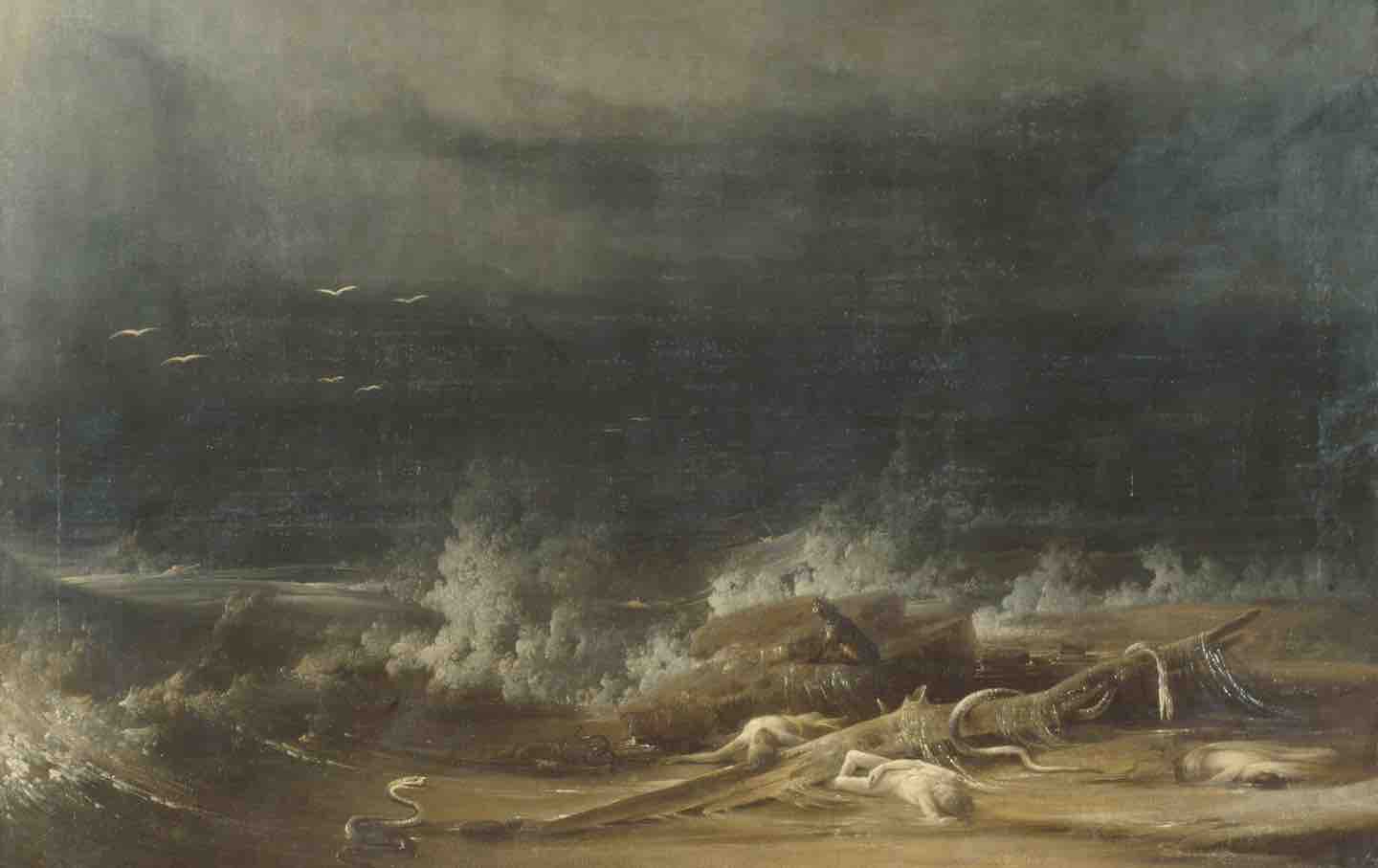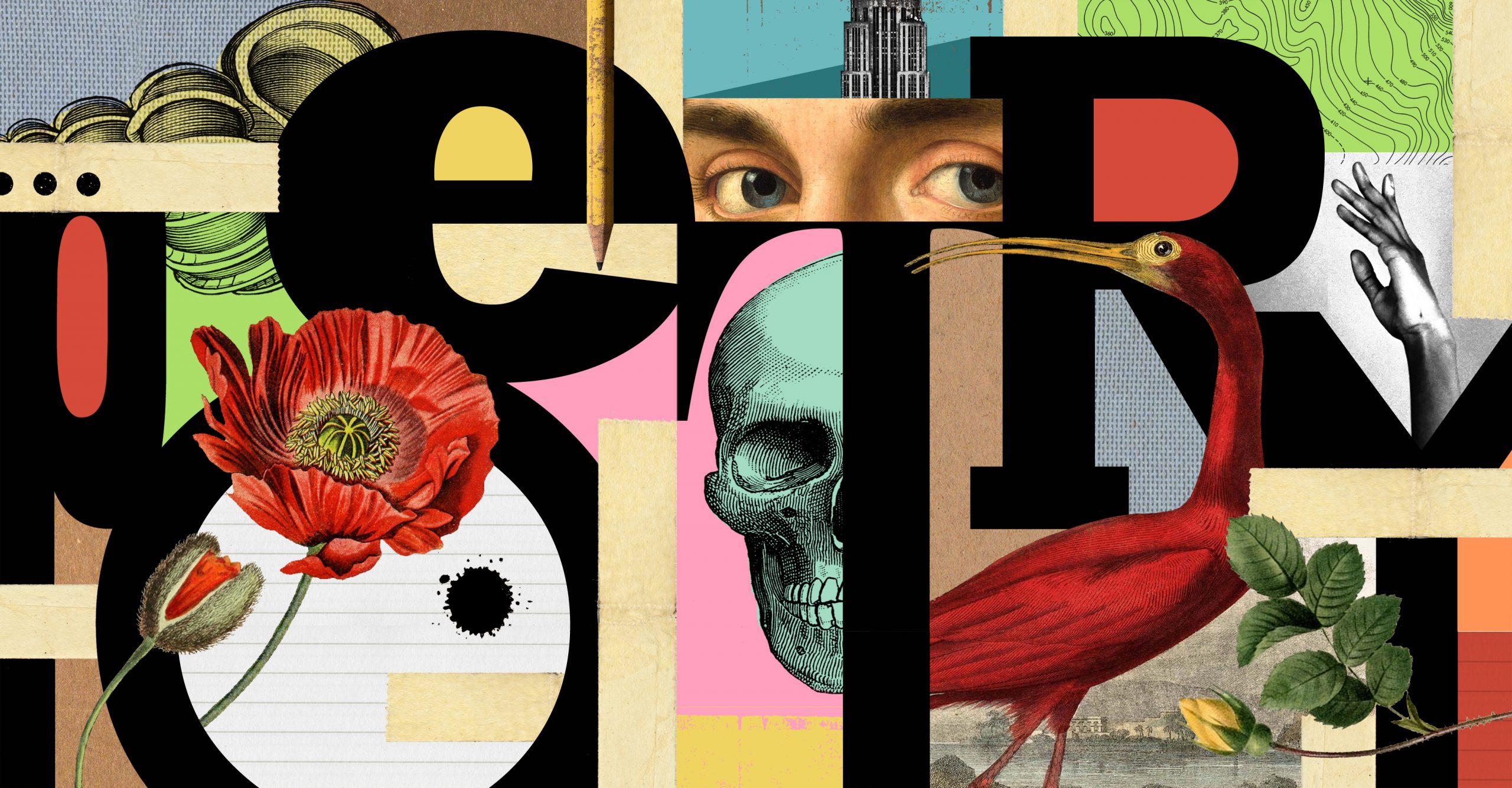I Have Brought You Syria
I have brought you a rose of concrete that resembles my days that have passed, and dreams stripped of nightmares, so you don’t get infected with memories, and whenever I am lost in translation, I peel the metaphor like an orange for you, and hide my poems that suffer from postmodern stress disorder.
I have brought you the month of July, so you can take off your white shirt, and a cold sun I stole from the north of Sweden, to make you suffer from depression, and whenever the massacre devours you, I dig up your dead grave, and resurrect your corpse which is as beautiful as a homecoming.
I have brought you a country occupied by others, so you are born in the diaspora, and birds crying blood, so you can release them from their cages, and whenever my mother gives birth to me, I run forward, and a green rain pours down on my murdered poems.
I have brought you cities destroyed over the heads of their people, so you can reconstruct them, and mothers waiting at windows, so the martyrs can return in the evening, and whenever you are moonstruck, I make you wine compresses and the homeland flows like my spilled blood.
I have brought you a mass grave, so you can meet new friends, and unexploded bombs, for you to distribute to children, and whenever the peace machine crushes you, I sew up your wounds that bleed music, so the memories don’t die.
I have brought you poisonous butterflies, so you can spread joy in cemeteries, and closed windows so you can look up at the sky, and every time the soldiers execute me, I return to you when people are asleep, with a body full of holes and a memory like forgetfulness.
I have brought you a white arm, for you to slaughter the days, and black blood, cheaper than water, and whenever I lose my Arabic language, poems I haven’t written arrive by registered mail, so I remember a young poet I left in Damascus.
I have brought you an Arabian horse, so you remember your mother tongue, and a civil war from the Middle East, so you don’t feel homesick, and whenever an elementary school dies in the bombing, I scatter its flesh for the birds and distribute its body parts to the poor.
I have brought you the Promised Land, so we can meet, and a genocide suffering from loneliness, because no one was spared, and whenever the general besieges us I feed you the news bulletin, as if you haven’t been weaned before, and as if you weren’t born to a woman from the land of milk, honey and bombs.
I have brought you a stray bullet, so you believe the odds, and a road that leads to the desert, so you trust water, and whenever I smell the scent of the country where I was born, a woman takes me by the hand and feeds me to the wolves.
I have brought you smart bombs, because the world is stupid, and soldiers who haven’t had children, so they’ll carry out orders, and whenever I remember you and forget the war, a bullet saves me from life.
I have brought you a panic attack so you feel calm, and roads blocked by militias, so you reach safety, and whenever they find my corpse in the morning, I believe in God and grass and memories.
I have brought you a small grief, so it can grow in your hands, and doors open to absence, so you can attend, and whenever my cousins kill me, my mother gives birth to me again in refugee camps.
I have brought you sarin gas, so you can breathe deeply, and indiscriminate shelling of civilians, so you believe in luck, and whenever life misses me once, death misses me twice, so my poems escape the silencer.
(Translated by Catherine Cobham)

